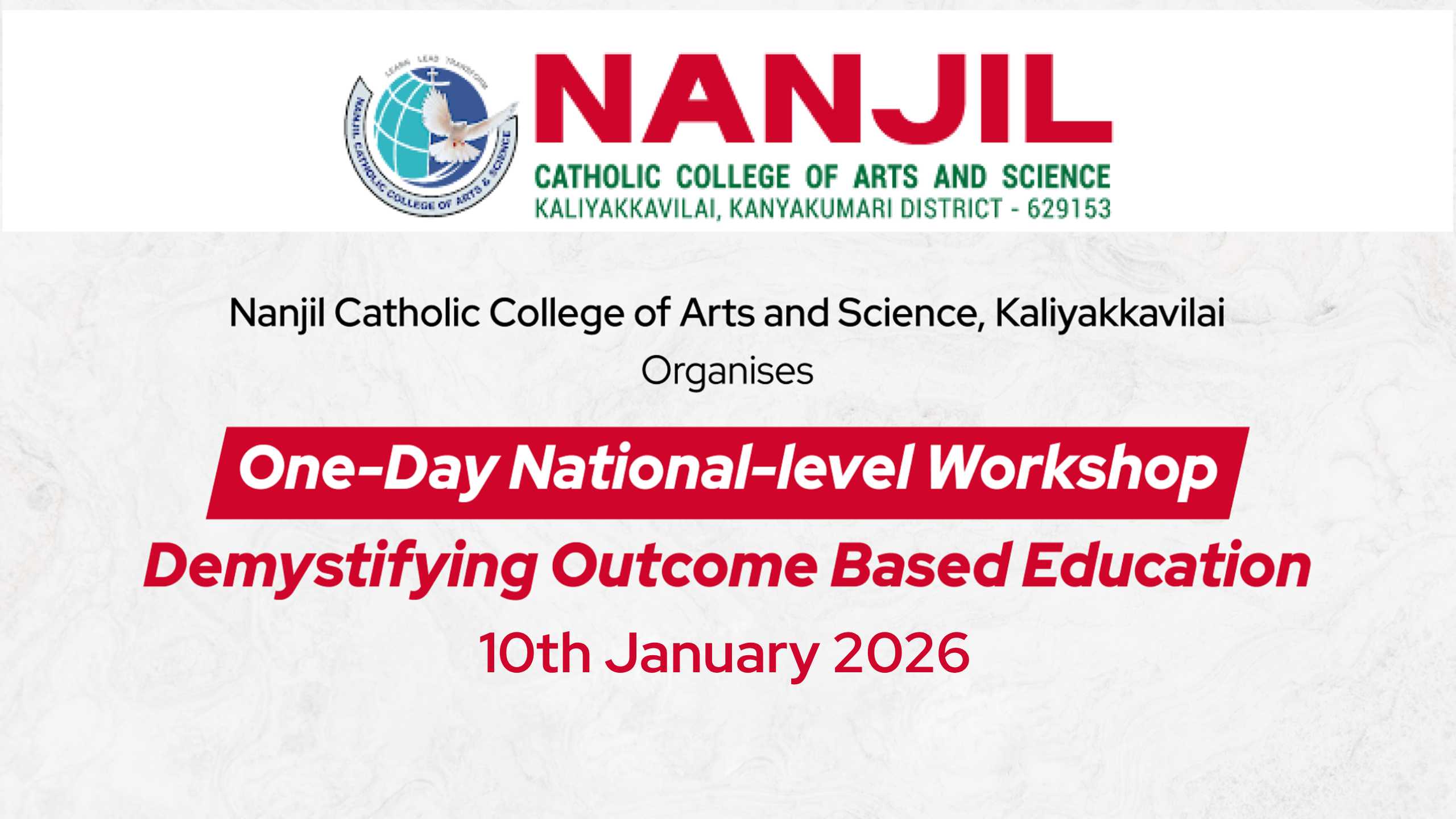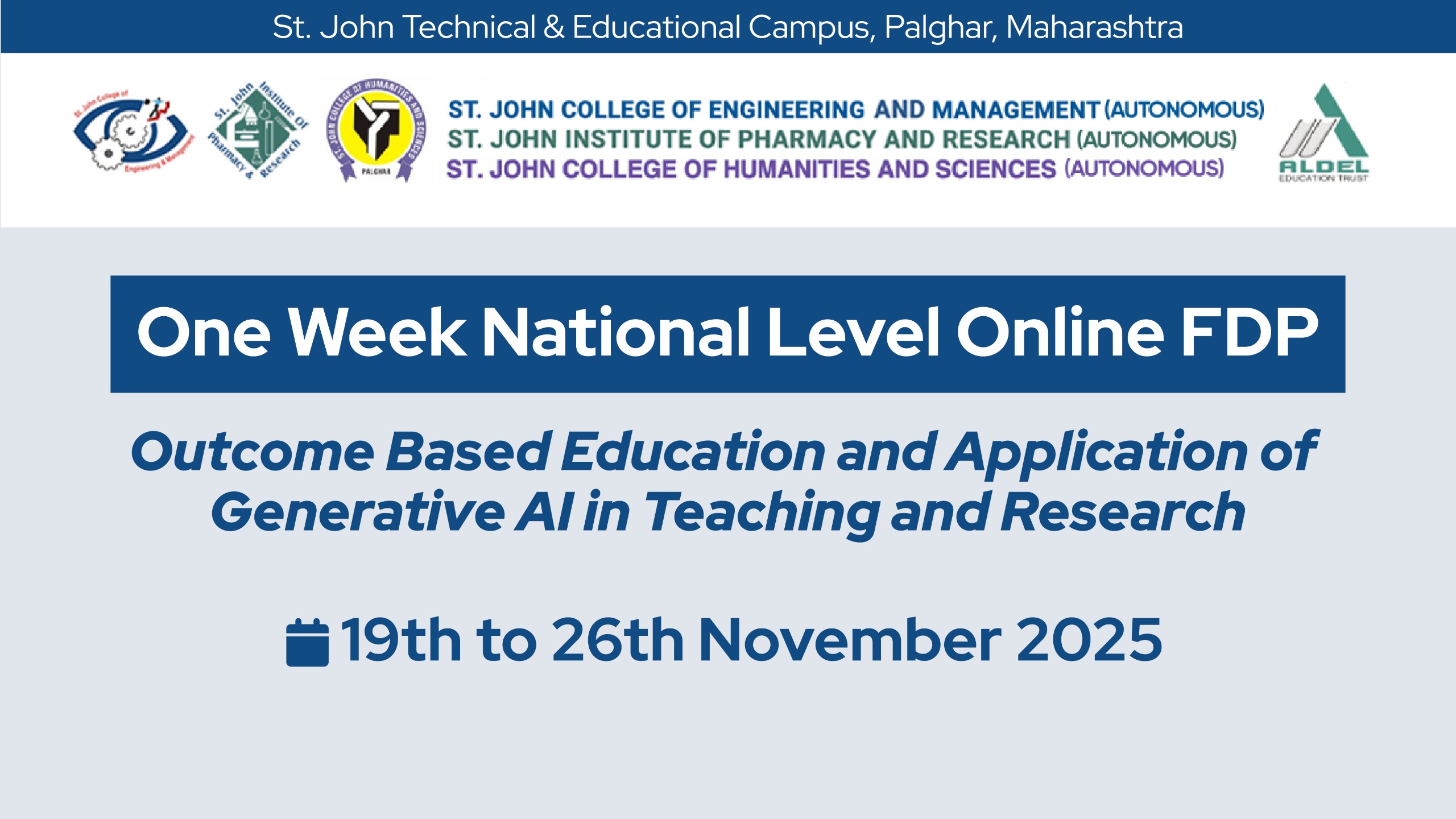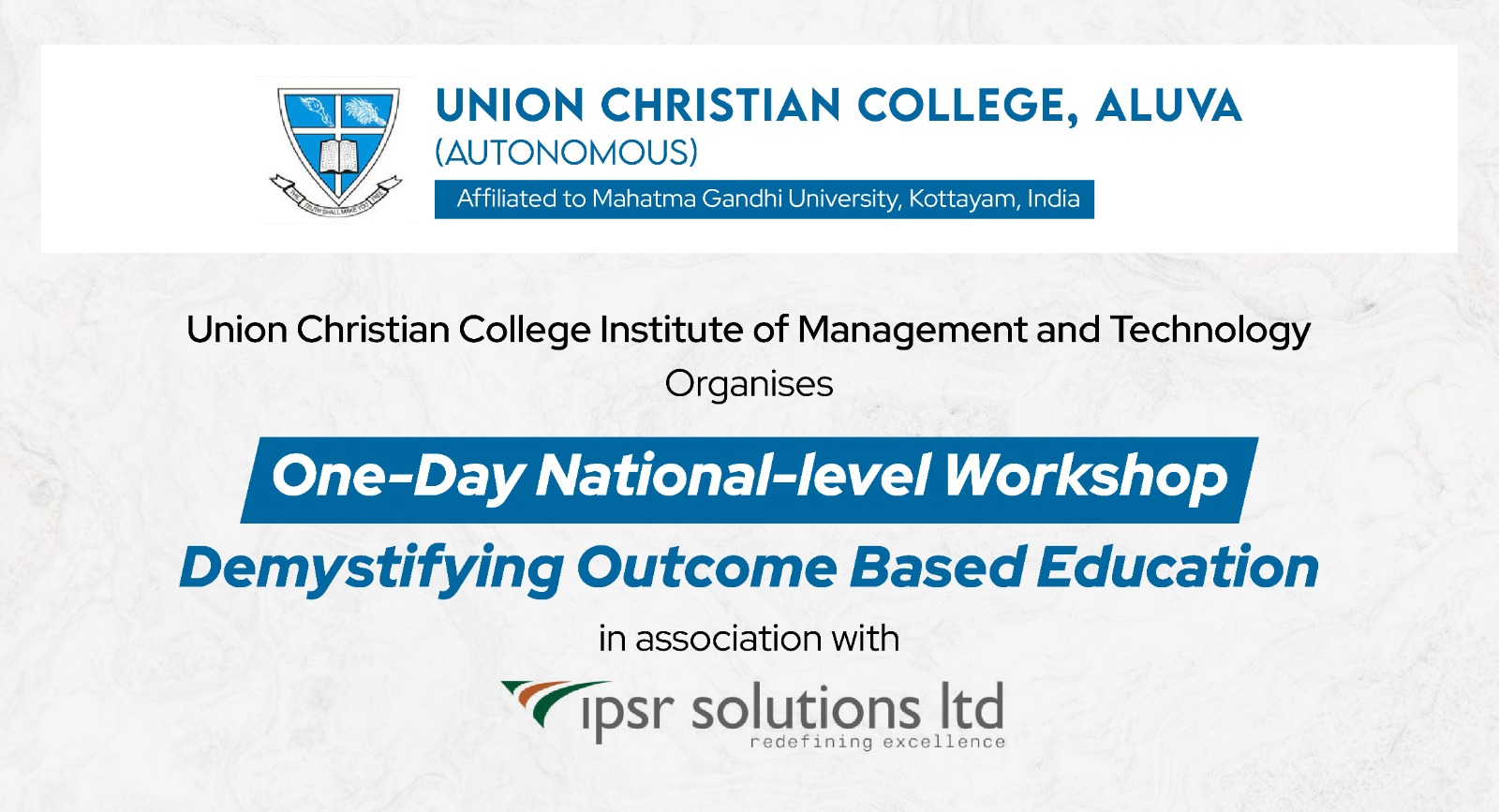Suppose you are a distinguished professional in any field but do not have a formal academic qualification such as a PhD. In that case, you can still be eligible for an appointment as faculty in any college or university in India. In accordance with policies already in place in the Indian Institutes of Technology, the higher education regulator University Grants Commission (UGC) has released new guidelines that allow higher education institutions to create a new teaching position called Professor of Practice to hire specialists from various sectors (IITs).
For the position of Professor of Practice, who may apply?
A person must be a “distinguished specialist,” have “made notable achievements in their professions,” and have at least 15 years of experience in order to be appointed.
The institutions have the freedom to select the industry from which they want to hire experts. Anyone having experience in a variety of fields, including technology, science, social sciences, media, literature, the armed forces, law, fine arts, etc., can be a professor of practice.
However, persons who work in or have previously worked in the teaching profession are not eligible for the role.
However, there needs to be a minimum academic requirement for an appointment as a professor of practice.
If an applicant has demonstrated “exemplary” professional behaviour in their line of work, no formal academic qualification is required in order to be considered for the position.
A PhD and passing scores on the National Eligibility Test are currently required for employment as a professor or associate professor under the UGC’s minimal requirements for teachers and other academic employees (NET).
What is the mode of appointment?
Universities and colleges will make appointments based on nominations. In other words, vice-chancellors or directors are permitted to provide nominations for positions that cannot exceed 10% of an institute’s authorized faculty strength.
Those who are interested may submit their applications after nominations are requested, along with a brief essay outlining how they might be of assistance. A screening committee made up of two senior professors from each institute and one “outstanding external member” will review the applications.
The academic council and executive council of the institutes will make the final decision regarding appointments based on the committee’s recommendations.
Will the post of practice professor be a full-time one?
It can last at least four years and be either a full-time or part-time position. The initial period of employment will be one year. Extensions might be granted depending on performance.
The recommendations specify that “the overall service should not exceed four years under any circumstances” and that “the maximum period of service of Professor of Practice at a given institution should not exceed three years and is extendable by one year in exceptional cases.”
What will these professors be paid?
The remuneration will be decided at the level of the institutes and the experts being hired. In some cases, universities can even approach industries for financial support.
Will the practice professors participate in normal teaching?
According to the rules, practice professors will give lectures in addition to participating in the creation of courses and curriculum. They will also be expected to put more of an emphasis on improved industry-academia partnerships. They may also collaborate with regular academic members on joint research projects or provide consulting services.
What is the initiative’s motivation?
First off, there are thousands of open positions at central and state universities across India’s higher education institutions, which are understaffed. In order to “augment faculty resources” in colleges and universities, the UGC is aiming to hire industry experts and professionals.
Second, it aims to allay worries regarding the calibre of graduates coming out of Indian institutions and universities. “Today’s industry asks for graduates with specified skill sets,” the standards indicate plainly. However, graduates from the higher education system frequently lack the necessary abilities.
The concept of a professor of practice is fundamentally intended to foster and ease the fusion of academic scholarship with real-world knowledge and experience.
Will there be fewer openings for talented professors as a result of this?
The UGC has made it clear that hiring professors of practice are separate from the overall number of sanctioned positions at a university or college. The number of authorized positions and the hiring of regular faculty members won’t be impacted.







